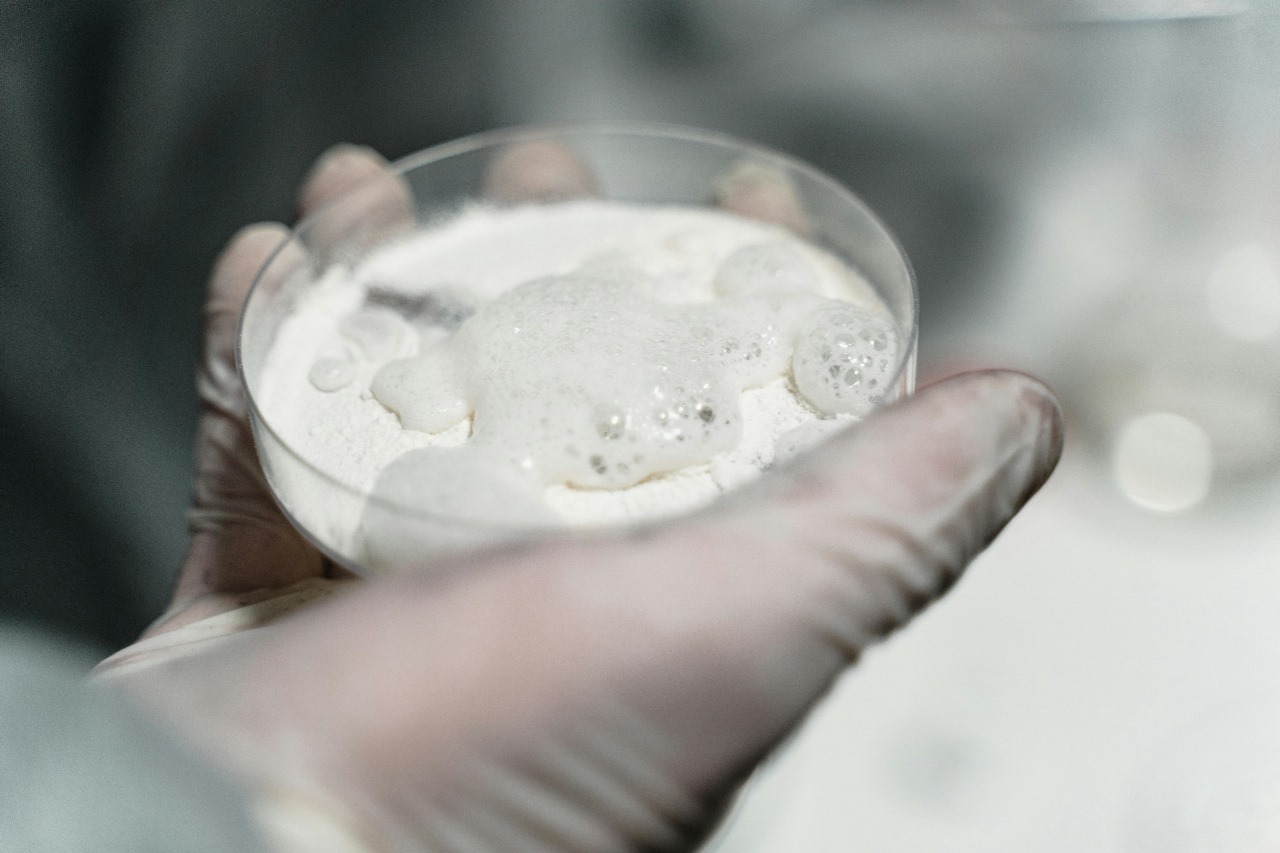Introduction to Hydroxyethyl Cellulose
Hydroxyethyl Cellulose, commonly referred to as HEC, is a non-ionic, water-soluble polymer derived from cellulose. As a highly versatile compound, Hydroxyethyl Cellulose is widely used across various industries due to its excellent thickening, binding, water retention, film-forming, and stabilizing properties. At KIMA CHEMICAL CO., LTD, we specialize in providing high-quality Hydroxyethyl Cellulose tailored to meet diverse industrial needs.
What Is Hydroxyethyl Cellulose?
Hydroxyethyl Cellulose is created by chemically modifying natural cellulose through the introduction of hydroxyethyl groups. This modification enhances the solubility of cellulose in both hot and cold water, making Hydroxyethyl Cellulose an ideal choice for a wide range of applications.
Key Characteristics
- Non-ionic: Compatible with a variety of other ingredients, including ionic and non-ionic compounds.
- High water solubility: Easily dissolves in cold or hot water.
- Film-forming ability: Provides a smooth and clear film.
- Biodegradable: Derived from renewable natural resources.
Industrial Applications of Hydroxyethyl Cellulose
The adaptability of Hydroxyethyl Cellulose makes it valuable across many industrial sectors. KIMA CHEMICAL CO., LTD delivers Hydroxyethyl Cellulose in customized grades to suit specific application requirements.
Paints and Coatings
In the paints and coatings industry, Hydroxyethyl Cellulose is primarily used as a thickener and stabilizer. It enhances viscosity, improves pigment dispersion, and provides excellent rheology control.
Construction Materials
Hydroxyethyl Cellulose is essential in the formulation of cement-based products, tile adhesives, plasters, and joint fillers. It improves workability, water retention, and adhesion properties.
Oilfield Chemicals
In oil and gas drilling operations, Hydroxyethyl Cellulose acts as a fluid loss reducer and thickener in drilling fluids. It helps maintain viscosity and supports efficient borehole cleaning.
Cosmetics and Personal Care
Hydroxyethyl Cellulose is widely used in shampoos, conditioners, creams, and lotions. It functions as a thickening agent, stabilizer, and emulsifier, offering a pleasant texture and improved product stability.
Detergents and Cleaning Products
Hydroxyethyl Cellulose ensures even distribution of active ingredients and enhances the viscosity of liquid detergents and household cleaners.
Advantages of Using Hydroxyethyl Cellulose
Choosing Hydroxyethyl Cellulose from KIMA CHEMICAL CO., LTD guarantees superior performance and reliability across various industrial applications.
Environmentally Friendly
Hydroxyethyl Cellulose is biodegradable and derived from sustainable sources, making it an environmentally responsible choice.
Excellent Compatibility
It is compatible with a wide range of other chemicals, including electrolytes, surfactants, and polymers, which makes formulation more flexible.
Enhanced Product Performance
By using Hydroxyethyl Cellulose, manufacturers can achieve better texture, stability, and performance in their final products.
Safe and Non-toxic
Hydroxyethyl Cellulose is considered non-toxic and safe for use in consumer and industrial applications, conforming to global safety standards.
Why Choose KIMA CHEMICAL CO., LTD?
At KIMA CHEMICAL CO., LTD, we are committed to delivering top-quality Hydroxyethyl Cellulose with consistent performance and competitive pricing. Our manufacturing process adheres to strict quality control standards, ensuring the purity and reliability of every batch.
Custom Formulations
We offer custom grades of Hydroxyethyl Cellulose tailored to meet your unique industrial requirements.
Global Supply Network
With an efficient global supply chain, we ensure timely delivery and uninterrupted supply to clients worldwide.
Technical Support
Our team of chemical experts provides dedicated technical support and consultation to help you choose the right grade of Hydroxyethyl Cellulose for your application.
How to Use Hydroxyethyl Cellulose
Proper handling and preparation of Hydroxyethyl Cellulose is essential to maximize its benefits in your products.
Dispersion and Hydration
To ensure even hydration, Hydroxyethyl Cellulose should be added slowly to water under constant stirring. Using warm water can help speed up the hydration process, depending on the specific grade.
Mixing Guidelines
Use high-shear mixing equipment if faster dispersion is required. Once fully hydrated, Hydroxyethyl Cellulose forms a uniform, viscous solution suitable for various formulations.
Storage and Shelf Life
Hydroxyethyl Cellulose should be stored in a dry, cool environment, away from moisture and heat sources. When stored properly, it maintains its stability and effectiveness for up to 24 months.
Frequently Asked Questions
Is Hydroxyethyl Cellulose safe for use in food or pharmaceuticals?
While Hydroxyethyl Cellulose is generally safe and non-toxic, the grades used for industrial purposes may not be food- or pharma-grade. Always consult specifications before using it in regulated applications.
Can Hydroxyethyl Cellulose be used in cold water?
Yes, one of the primary benefits of Hydroxyethyl Cellulose is its solubility in both hot and cold water, depending on the grade used.
Does Hydroxyethyl Cellulose affect the color or smell of a formulation?
Hydroxyethyl Cellulose is typically neutral in color and odor, ensuring that it does not interfere with the sensory characteristics of your final product.
Conclusion
Hydroxyethyl Cellulose is a multifunctional, water-soluble polymer that offers exceptional benefits across a wide range of industrial applications. From paints and coatings to personal care products and construction materials, Hydroxyethyl Cellulose plays a vital role in enhancing product performance, texture, and stability.




